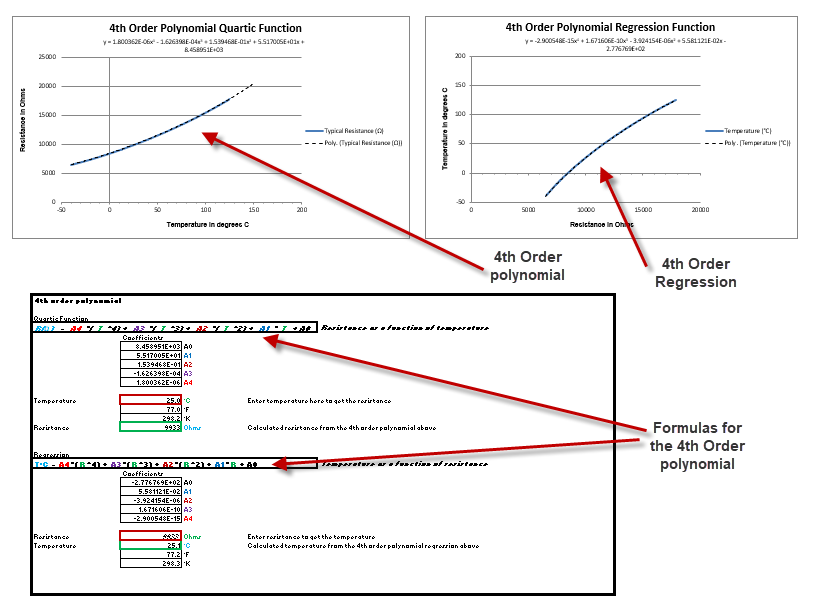Dear TI Team
Our customers are currently considering TMP61.
I have received a request from a customer to provide an approximate formula for calculating the measured temperature from the resistance value of TMP61.
When checking the data sheet, the formula for calculating Rtmp61 from Vtemp measured as follows is described, but the formula for calculating temperature from Rtemp61 is not described.
Could you please tell me the approximate formula to calculate the temperature from Rtemp61?
(I know there is a Thermistor Design Tool, but I would like to know the approximate expression actually used.)
Best Regards,
Y.Ottey


